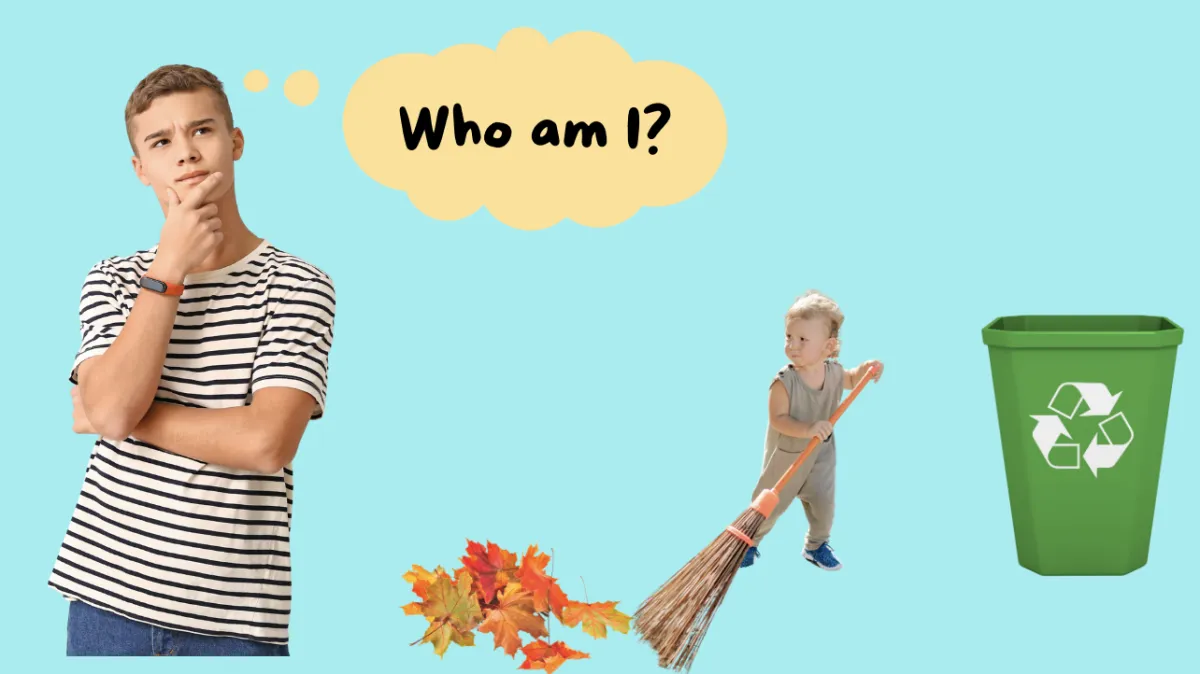
Why Atomic Habits might be the most important parenting book you’ll never read!
In this Blog Jess helps us apply the powerful lessons from James Clear's Atomic Habits to parenting! She explains how we can help our children develop certain habits and therefore the kinds of self-perceptions that have been shown to deliver higher levels of mental and emotional wellbeing, not just in childhood but into adolescence and beyond. Oh and... thank you James! 😉
_____________________________________________________________________________________
James Clear’s Atomic Habits has sold over 15 million copies and transformed the lives of countless adults. It’s helped people lose weight, write books, get fit, and quit bad habits. But what if its most powerful application isn’t in boardrooms or gyms, but in mealtime and bedtime routines, in other words, in our parenting? 🍽️🛏️
If you’re a parent of a young child and you have any hopes about the kind of teenager (or indeed adult) you want your child to become, then you need to take a closer look at the habits they’re developing now... while they're little people.
If you hope your child will grow into someone who’s kind, considerate and helpful 💛, ask yourself:
Are they developing daily habits that reflect that kind of person?
Because, as Clear puts it, every habit is a vote for the kind of person you want to become, or in the case of parenting, for the kind of person you want your child to become. ✅
In early childhood, our children are practicing who they will one day become. Michelle Obama said it beautifully when reflecting on the advice she often gave to her daughters:
“You practice who you want to be every single day" If you want to be a certain kind of person, “you gotta start doing that when you're seven and nine" 😲
And that practice, those daily behaviours, choices, and routines, will either cast votes for a future identity of someone who is kind, considerate and helpful… or they won’t. 🙁
🧠 Identity & Habits
Identity is formed, in no small measure, from an awareness of our habits. This is just as true for children as it is for adults.
And since research shows that developing a moral identity, that is, seeing yourself as a kind and caring person, is strongly linked to mental health, emotional wellbeing, and life satisfaction 🌱, then we should be doing whatever we can to help our kids develop the habits that reflect that kind of identity.
So, as parents, we should be asking ourselves:
• 🧒 Is my little child developing habits that reflect the identity of a kind and caring person?
• 🤲 Are they regularly engaging in helping, giving, and sharing behaviours?
• 🙏 Are they habitually saying please and thank you, towards becoming a grateful person?
If not, we shouldn’t panic. But we should get to work. 💪
📘 Enter James Clear's 4 Laws of Habit Formation
Clear lays out a brilliant framework for building better habits, and it’s surprisingly easy to adapt for kids:
Make it obvious (visible, available, easy to see) 👀
Design your environment so cues to behaviour are clear and visible.
Example: Place food in large bowls in the centre of the table so it’s obvious that sharing is something your family does.
Make it attractive (fun, appealing and enticing) 🎨
Make the desired behaviour as appealing as possible.
Example: Use bright and colourful serving spoons that kids want to pick up and use to serve others.
Make it easy (convenient, frictionless) ✨
Start small. Make behaviours effortless and easy to achieve.
Example: Ask your child to serve just one spoonful of food onto a plate you’re holding close to the bowl. (There'll be plenty of time to build on this habit later)
Make it satisfying (enjoyable and rewarding) 💖
Ensure the experience feels good and rewarding.
Example: Praise their efforts, smile, show your gratitude. Encourage other family members to do the same.
This is just one example of how you could apply Clear's 4 Laws to the initiation of a new habit in your child - but once you get the idea of each 'law', you can apply it to any situation. [Read his book for how you can use these laws (i.e. by doing the opposite of them), when you want to discourage unwanted habits - either in yourself or in your child!!]
✨The Takeaway
Early childhood isn’t just about surviving snack time and sleep schedules. It’s a once-in-a-lifetime window where identity is being constructed, one habit at a time.
So, let’s use what we know. Let’s help our kids cast votes for the kind of people we hope they’ll become: kind and caring people who we know (from the research) are more likely to enjoy lifelong wellbeing and connection.
Let’s raise children who don’t just know that it’s good to be kind, but who see themselves as kind, because that’s what they’ve been practicing every day throughout their childhood. 🌻
It’s not just about who they are now, those scrumptious, playful, messy little creatures, it’s about who they’re in the process of becoming.
And we, as parents, get to play a positive role in shaping that. ❤️

